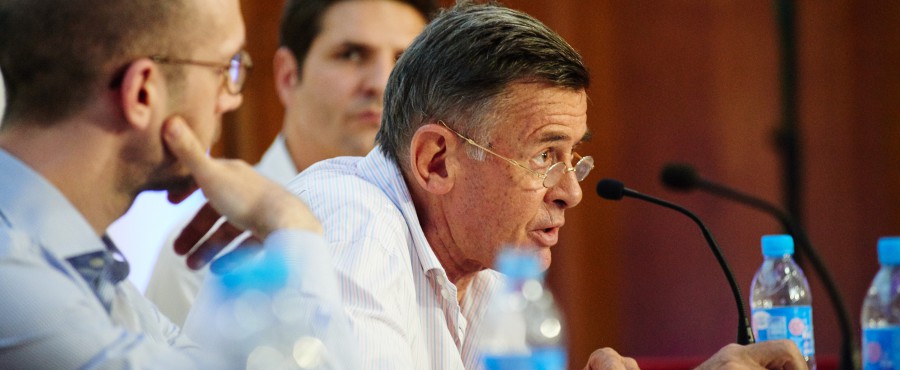3 Jul 2015
Has the Working Revolution Created Social Progress ?
Session 3

The third industrial revolution and the digitalisation of our economies can be frightening. Yet far from being a threat to our jobs, this revolution could be a great opportunity to promote both individual job autonomy and social cohesion. We still have to live up to this opportunity. Indeed, our relationship to work has undergone a fundamental shift: careers are no longer linear, professional frameworks are changing and these changes in the nature of work itself naturally lead us to rethink the social model it fits in.
To what extent does the polarization of employment and salaries impact our ability to “make society”? What protection system for these new workers? How to redefine the ties of solidarity between insiders and outsiders? What role should the state play in this redistribution of the cards and what are the different models?
Coordination
Moderator
Speakers

Xiangquan ZENG
Director of China Institute for Employment Research
Renmin University of China
Biography



